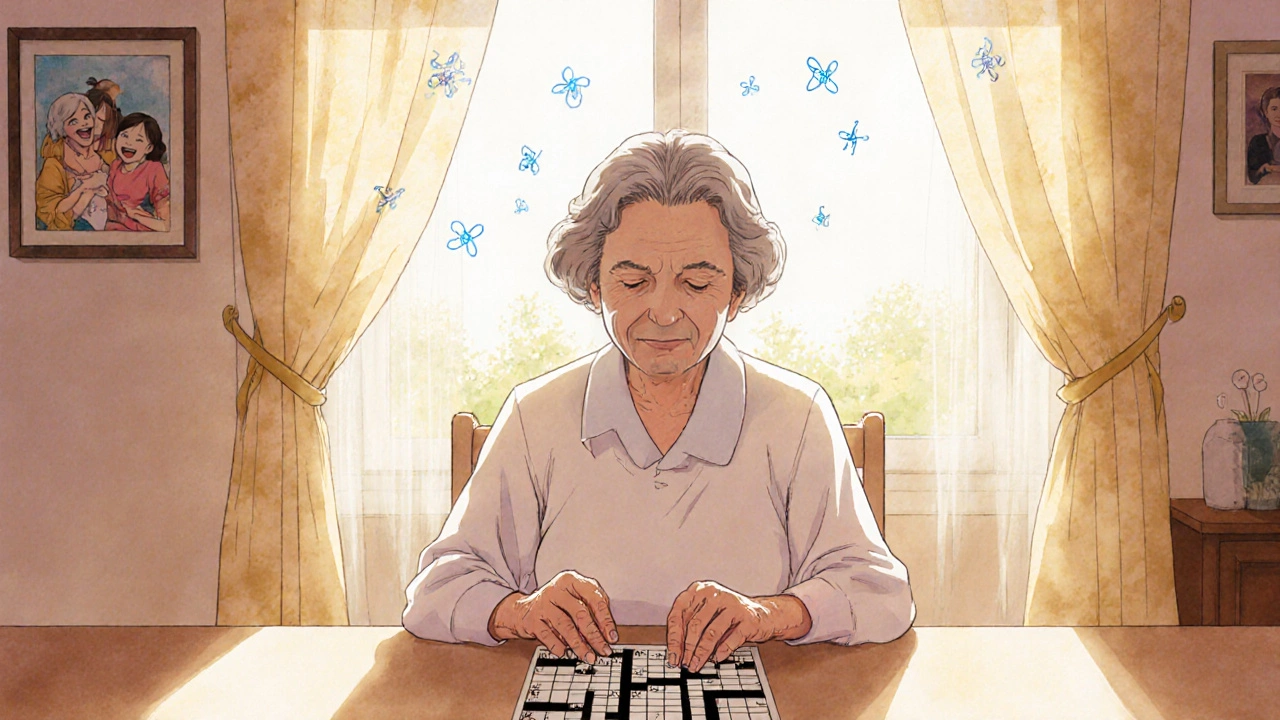Dementia: Causes, Treatments, and What You Can Do
When someone talks about dementia, a group of brain disorders that cause memory loss, confusion, and trouble with daily tasks. Also known as cognitive decline, it's not a normal part of aging—it's a medical condition that affects how the brain processes information, makes decisions, and remembers things. Many people assume dementia means Alzheimer’s, but that’s just one type. Dementia includes vascular dementia from poor blood flow to the brain, Lewy body dementia with its hallucinations and movement issues, and frontotemporal dementia that changes personality before memory. Each has different causes, symptoms, and treatment paths.
What triggers dementia? It’s rarely one thing. Genetics play a role, but so do lifestyle factors like high blood pressure, diabetes, chronic stress, and lack of sleep. Studies show that people who stay physically active, eat real food (not processed stuff), and keep their minds engaged through conversation or puzzles reduce their risk significantly. Medications like cholinesterase inhibitors can help slow memory loss in early stages, but they don’t stop the damage. There’s no magic pill. What works best is a mix of medical care, daily structure, and emotional support. Caregivers often face burnout, and that’s why support systems matter just as much as the drugs.
Some of the posts here look at drugs used for other conditions that might affect brain health—like modafinil for wakefulness, amitriptyline for nerve pain, or even birth control hormones that can influence mood and cognition. These aren’t dementia treatments, but they show how interconnected brain function is with the rest of the body. You won’t find miracle cures here. What you will find are real, practical discussions about how medications interact with brain health, how side effects can mimic dementia symptoms, and what steps actually help people live better with cognitive decline.
Whether you’re worried about a parent, noticing changes in yourself, or just trying to understand what’s going on, this collection cuts through the noise. You’ll see how things like sleep disorders, depression, or even antibiotic use can blur the lines between normal aging and real brain disease. The goal isn’t to scare you—it’s to help you spot what matters, ask the right questions, and know what options actually exist.
How Selegiline Affects Memory and Thinking in Older Adults
Selegiline helps preserve dopamine in the brains of elderly patients, improving focus, memory, and mental clarity-especially in those with Parkinson’s or early dementia. It’s affordable, well-tolerated, and works better over time than quick fixes.
VIEW MORE
